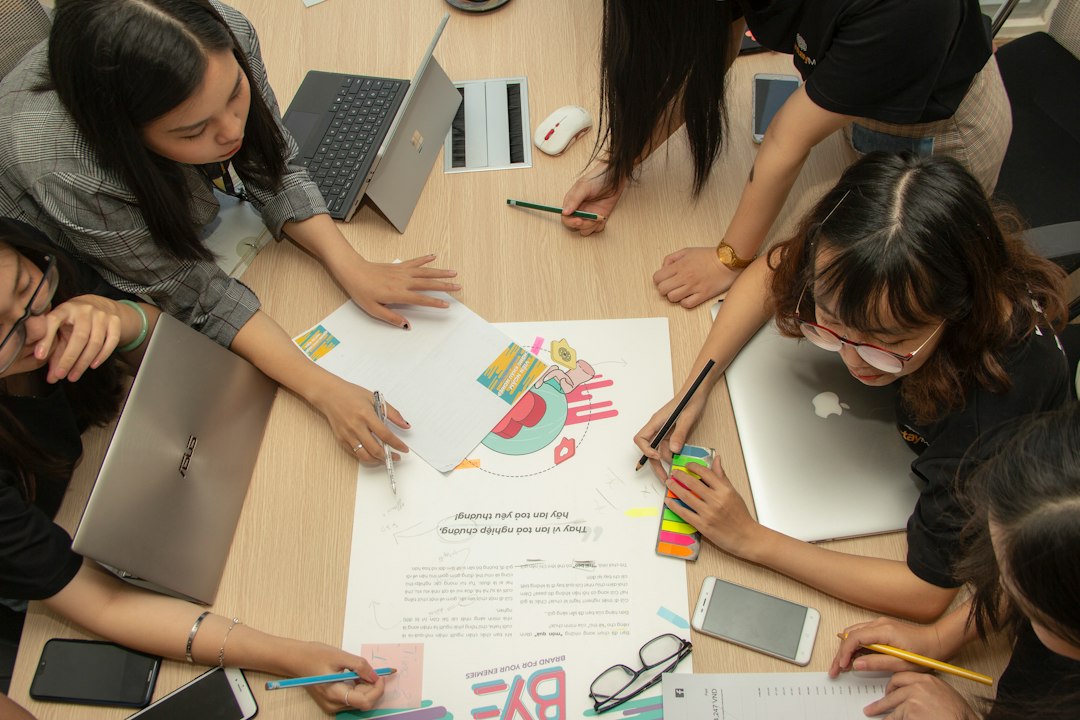Exploring Microlearning: Bite-Sized Lessons for Busy Learners
In today’s fast-paced world, finding the time to learn and acquire new skills can be challenging. With work, family, and other commitments, dedicating hours to traditional learning methods may seem impossible. However, microlearning offers a practical solution by delivering bite-sized lessons that are easily digestible for busy learners.
Microlearning is an innovative approach to education that involves the delivery of small, specific chunks of information. These bite-sized lessons are designed to be consumed quickly and conveniently, making them ideal for learners with limited time. Whether you have ten minutes during your lunch break or a spare moment between meetings, microlearning allows you to maximize these short intervals.
The benefits of microlearning go beyond its convenience. Research suggests that our brains are better equipped to absorb information in smaller increments. In fact, studies have shown that learners retain information more effectively when it is presented in concise, focused portions. Microlearning leverages this cognitive advantage by breaking down complex topics into smaller, easily understood modules.
Additionally, microlearning promotes active engagement and participation. Unlike traditional long-form lectures, which often require passive listening, microlearning encourages learners to actively interact with the content. By incorporating quizzes, interactive exercises, and gamification elements, microlearning creates an immersive learning experience that promotes knowledge retention.
The flexibility of microlearning also makes it highly adaptable to different learning styles. Visual learners can benefit from the use of video lectures, infographics, and interactive visualizations. Auditory learners can engage with audio podcasts or voiceover explanations. Kinesthetic learners can interact with simulations or hands-on activities. By catering to various learning styles, microlearning ensures that every learner can benefit from the lessons.
Another advantage of microlearning is its ability to deliver just-in-time learning. With the rapid pace of technological advancements, industries are constantly evolving. Traditional learning methods may struggle to keep up with these changes. In contrast, microlearning provides learners with up-to-date information without overwhelming them. It allows professionals to acquire the knowledge and skills they need precisely when they need it, enhancing their performance in their respective fields.
Microlearning also fosters a sense of progress and accomplishment. With each completed lesson, learners can experience a sense of achievement, motivating them to continue their learning journey. The sense of progress also helps to build confidence and improve self-esteem, which are crucial elements for successful and continuous learning.
Moreover, microlearning is not limited to formal education or professional development. It can be applied to various aspects of life, such as personal hobbies, health, and well-being. Want to learn a new recipe? There’s a microlearning module for that. Interested in improving your yoga practice? Microlearning has you covered. The versatility of microlearning extends its benefits beyond the confines of a traditional classroom.
In conclusion, microlearning offers busy learners a practical and efficient means of acquiring new knowledge and skills. Its bite-sized format, cognitive advantages, and adaptability to different learning styles make it a valuable tool for busy individuals in today’s fast-paced world. By embracing microlearning, learners can make the most of their limited time and continue their journey of personal and professional growth. So, next time you find yourself with a few minutes to spare, why not explore the world of microlearning and discover the endless possibilities it holds?

